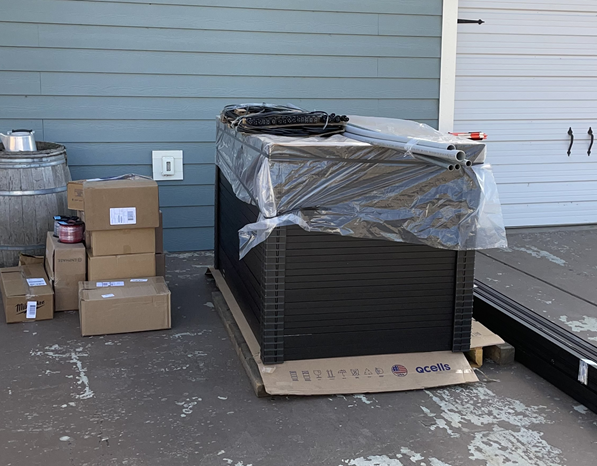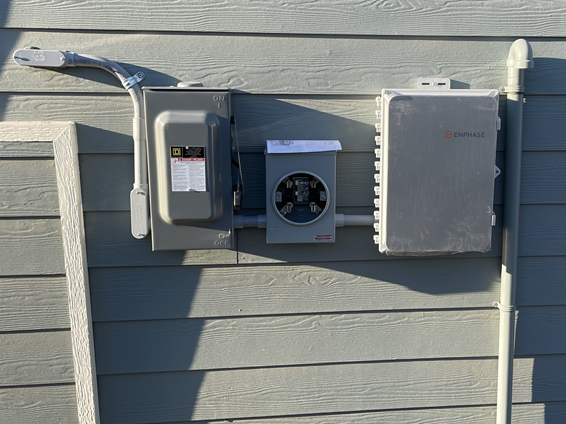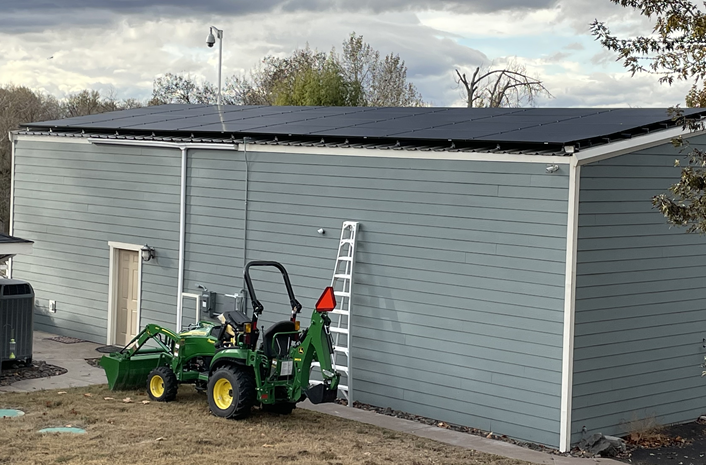Searched on residential solar power and see it's been about three years since the last thread dedicated to discussion. Thought of reviving that thread from 2020 but thought it'd be best for a fresh reboot on the topic as I'm sure there's been (if nothing else) improvements in manufacturing quality, increased knowledge and experience with installation, and even a possible shift in mindset on the use of solar for personal residences.
I'm a couple days away from finalizing the go on a 13kW system for our home. 32ea Hanwah Qcell 400 panels, Enphase IQ6+ inverters, panels running in 'parallel' vs 'series', and a sub-panel replacement in the shop. WA State and our electric utility have a decent Net Metering agreement. Add to this the Fed Tax incentive for up to 30% of system cost, and WA State exempts sales tax on solar installs.
I'm at 46.3 parallel in an area that's mostly sunny (we get 5"-8" annual rainfall on average), with summer highs in the low 100Fs and winter lows in the +single digits F, and utilize a heat pump for our heating/cooling. All electric appliances.
Who else is going (or has gone) solar and what were your considerations.
I'm a couple days away from finalizing the go on a 13kW system for our home. 32ea Hanwah Qcell 400 panels, Enphase IQ6+ inverters, panels running in 'parallel' vs 'series', and a sub-panel replacement in the shop. WA State and our electric utility have a decent Net Metering agreement. Add to this the Fed Tax incentive for up to 30% of system cost, and WA State exempts sales tax on solar installs.
I'm at 46.3 parallel in an area that's mostly sunny (we get 5"-8" annual rainfall on average), with summer highs in the low 100Fs and winter lows in the +single digits F, and utilize a heat pump for our heating/cooling. All electric appliances.
Who else is going (or has gone) solar and what were your considerations.






